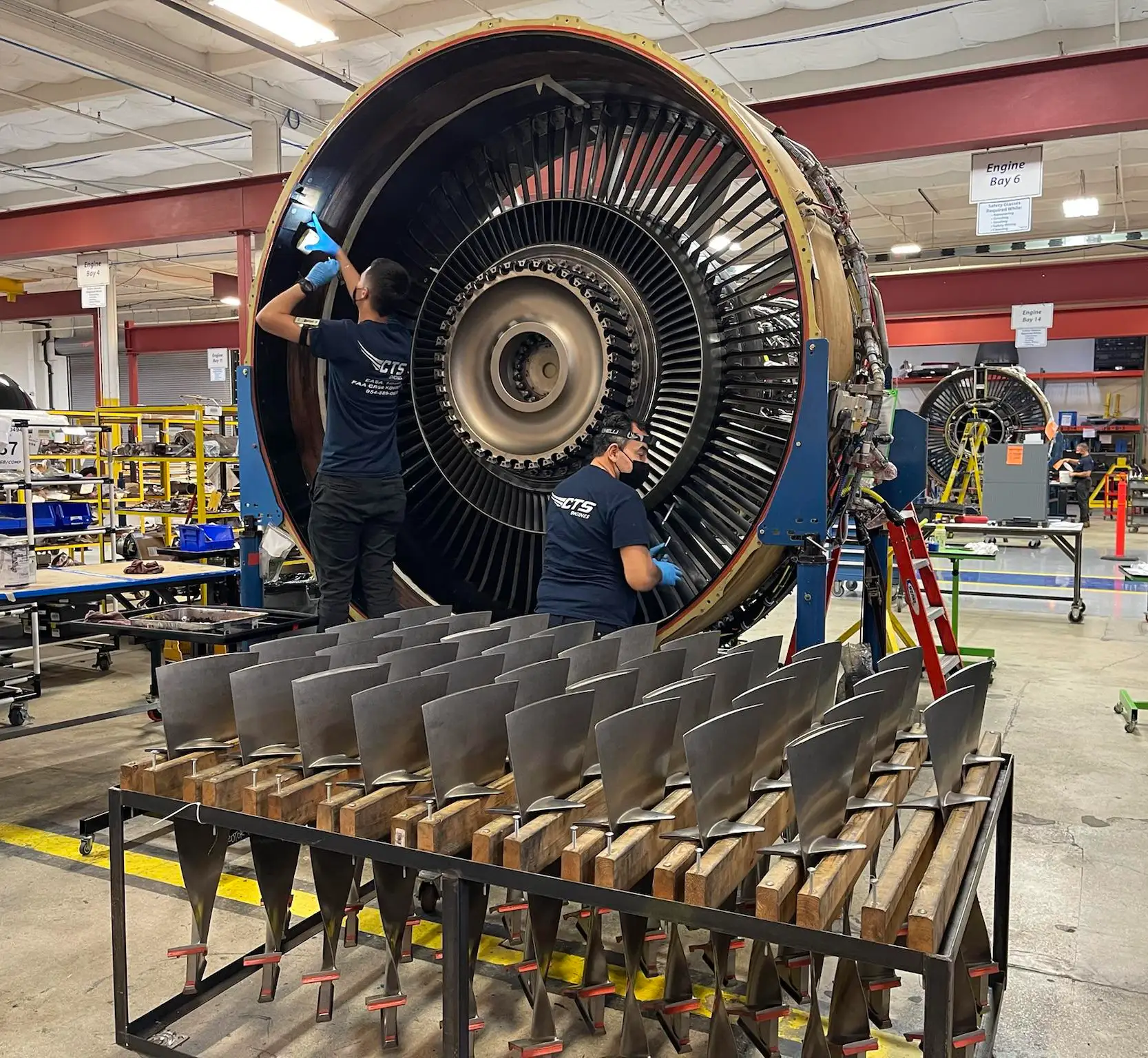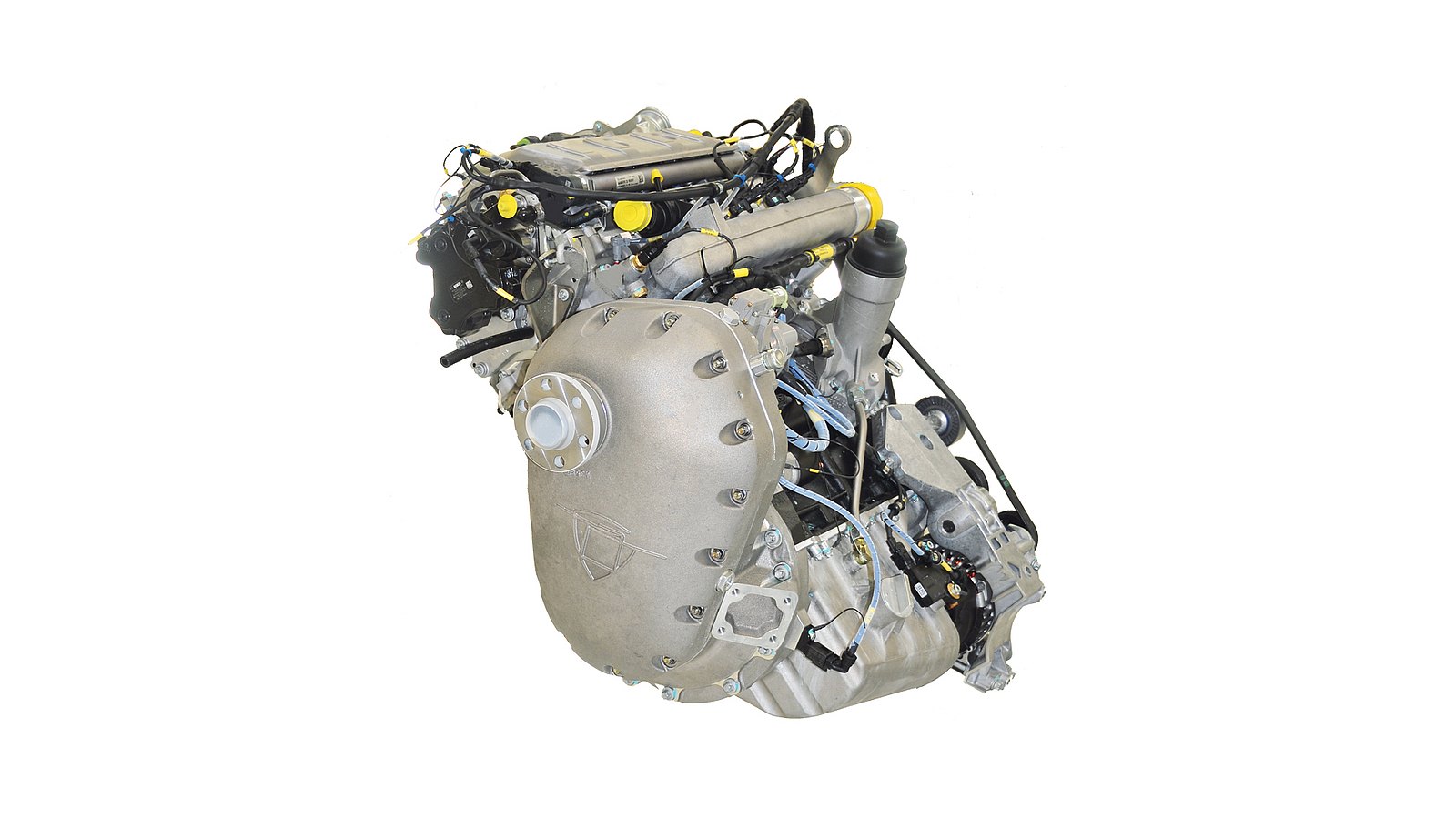A Complete Guide to Picking the Right Engine for Your Project
Selecting the appropriate engine for your job is a vital choice that can considerably affect its total success. It is imperative to carefully specify your task needs, assess efficiency needs, and consider user-friendliness alongside various other crucial elements. Furthermore, recognizing the community support readily available and looking at cost ramifications can better fine-tune your selection. Each of these elements plays an essential duty in making sure that your chosen engine not only fulfills immediate goals but additionally straightens with long-lasting ambitions. As we check out these factors to consider, you might discover that the subtleties of each element expose even more than at first expected.
Define Your Task Demands
Specifying your job requires is an important action in picking the appropriate engine for successful execution. An extensive understanding of your task's purposes will direct you in recognizing the abilities and attributes required from an engine. Begin by describing the extent of your task, including the preferred capability, target audience, and the particular end results you aim to achieve.
Next, think about the technological demands that line up with your task goals. This consists of assessing the compatibility of the engine with existing systems, along with the shows languages and structures that will certainly be made use of. Additionally, evaluate the level of scalability required to accommodate future growth or changes in demand.
Budget plan restrictions likewise play a crucial function in defining your project needs. Establish a clear financial structure to lead your decision-making procedure, guaranteeing that the engine chosen fits within your budget plan while supplying the needed capability.
Evaluate Efficiency Demands

Next, consider the scalability of the engine. Analyze whether it can deal with raised work as your task grows. Engines that sustain straight scaling are usually more effective for bigger applications. Furthermore, review the engine's performance under different conditions, such as peak usage circumstances, to guarantee it satisfies your reliability standards.
Take Into Consideration Ease of Use
While technical specs are crucial, the convenience of usage of an engine can significantly affect the advancement procedure and total task success. An intuitive interface, clear documents, and structured operations can considerably minimize the discovering curve for designers, enabling them to focus on imagination and analytical as opposed to grappling with complex devices.
When reviewing an engine's convenience of usage, think about the her comment is here onboarding experience. A well-structured introduction, total with tutorials and sample tasks, can facilitate a smoother change for brand-new individuals. Furthermore, the clarity and comprehensiveness of the engine's documentation play a vital function; comprehensive overviews and API referrals can equip developers to fix and execute features successfully.
One more aspect to consider is the engine's modification abilities. An engine that permits very easy adjustments can be more easy to use, as developers can customize it to fit their particular needs without considerable headache. Lastly, analyze the workflow assimilation with platforms and devices you currently use. A natural environment can enhance performance and minimize rubbing during the advancement process. Ultimately, selecting an engine that prioritizes convenience of use can result in an extra pleasurable and efficient advancement experience.
Assess Area and Assistance
The toughness of an engine's neighborhood and support network can significantly affect a programmer's experience and success. When examining an engine, consider the dimension and activity degree of its neighborhood.
Furthermore, evaluate the schedule of official assistance channels. Reliable documents, responsive consumer support, and normal updates are vital for dealing with technological problems and maintaining your job on track. Engines For Africa. Energetic communities likewise promote collaboration, supplying chances for networking and comments, which can be invaluable, especially for independent developers or tiny teams
In addition, examine the presence of community-run occasions, such as hackathons or meetups. These celebrations can enhance your understanding of the engine while linking you with possible collaborators and skilled individuals. In recap, a durable area and support system not only enhance growth but also produce an atmosphere helpful to finding out and innovation, eventually improving the chance of your task's success.
Contrast Price and Licensing Alternatives
Budget considerations play a vital duty in picking the appropriate engine for your task, as the price and check licensing options can considerably affect both short-term costs and long-lasting feasibility. Engines For Africa. Different engines use differing prices structures, which can include one-time purchase fees, subscription models, or revenue-sharing agreements based on your project's profits

Accrediting choices additionally vary significantly. Some engines are open-source, providing versatility and community-driven support, while others may require exclusive licenses that limit usage and circulation. Understanding the effects of each licensing model is essential, as it impacts possession rights, future scalability, and potential lawful obligations.
Verdict
In final thought, picking the suitable engine for a task necessitates a detailed examination of specified project requirements, efficiency requirements, ease of use, area assistance, and cost considerations. By methodically dealing with these crucial factors, decision-makers can make certain placement with both present and future project needs. A well-informed option ultimately boosts the possibility of task success, enabling efficient source allotment and making best use of prospective end results within the specified financial constraints.
Choosing the ideal engine for your project is a critical decision that can significantly affect its total success.Defining your task needs is a vital step in choosing the ideal engine for successful execution. An extensive understanding of your task's objectives will certainly assist you in identifying the attributes and capabilities required from an engine.Once you have a clear understanding of your job needs, the next action is to evaluate the efficiency requirements of the engine.In final thought, choosing the proper engine for a task demands an extensive analysis of specified task demands, efficiency requirements, simplicity of usage, area support, and expense factors to consider.